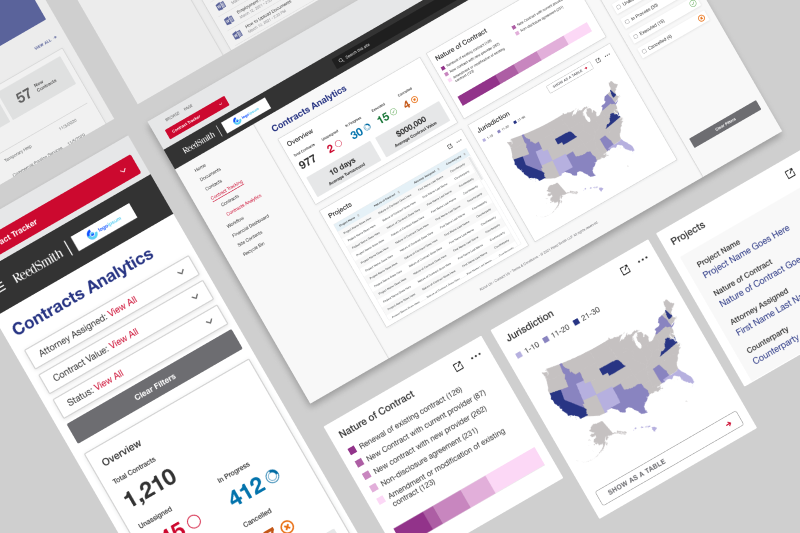

I pride myself on being an organized and structured person. However, I still find myself baffled by how the day “gets away from me.” I know I’ve been busy the entirety of the day, but I end up feeling as if I’ve accomplished nothing.
Sound familiar?
We exist in a world of constant disruption. If we don’t learn to manage and control our own calendars – someone else will. And at the end of the day, it will leave you frustrated and exhausted.
A few things I know about my relationship with time:
As an entrepreneur of 14 years, I try to carve out time for deep work (as articulated by Cal Newport) and provide guidance to the rest of my team to do the same. It’s not perfect. We’re always learning and shifting, reminding ourselves of what really matters. But when we do achieve what we set out to do, not only is the product better, but we find more individual satisfaction in our professional lives.
In fact, deep work is especially important for creatives and business owners.
As an entrepreneur, my focused work is distinct from that of my team. After creative direction, the majority of my time is spent running the business. Account management, project management, marketing and new business, strategy for clients, strategy for our business, human resources, emails… the list is long.
On top of that, Knox Design Strategy thrives on our responsiveness to client needs. We answer questions quickly and try to never let things linger. We want our clients to be heard and responded to in a timely manner. Meaning, we have to strike a very fine balance between deep work and keeping attention on our inboxes and Slack. It can be a constant struggle.
So, how do we, as entrepreneurs, manage to do so much when our responsibilities keep piling on? How do you manage your business and feel accomplished without giving into the distractions begging for your attention?
After reading dozens of books, working with consultants, and employing several techniques for time management, I wanted to share them with you here.
This is a big one.
I have two calendars – one called Work and one titled Time Blocking. I learned this technique from Jason Blumer and Julie Shipp of Blumer CPAs and it’s changed the way I work. Jason Blumer talks more about this here.
On the Time Blocking calendar, I set up calendar blocks that do not change. I set these up at the end of the year for the year ahead. These blocks provide structural guidance based on what I know about my work patterns and priorities. If these blocks change, the changes are either structural ones that will be applied to the entire year going forward and are based on specific strategic needs.
The buckets of work outlined in this Time Blocking calendar are:
On my Work calendar, which overlays my Time Blocking calendar, I add the actual work. Meetings, tasks, and things that need to just get done.
The items here might look like:
I batch my meetings on specific days of the week and in the afternoons. I do my best thinking in the morning, so I block off time to do deep work or handle high-energy meetings during that time. My general meetings must be batch-scheduled within the time I’ve set aside for them. This is crucial to maintaining control of my calendar and avoiding a “pile up” of meetings that prevent actual work from happening. Of course, flexibility is often required to be available when my clients need me, but you get the idea!
My team has access to both of my calendars with varying permissions. They can easily identify where there’s free time for client meetings, project meetings, or email check-in’s.
My day is never not full of calendar blocks. It’s my daily plan and provides structure to identify what’s most important during the day. The rest of my tasks live in our project management tool, which I use for any task that will take 10 minutes or less to complete. I reserve 30 minutes in the morning to complete these smaller tasks. Plus, I get to start my day with the satisfaction of seeing those tasks completed, giving me momentum for the rest of the day.
During the day, if something requires my attention, it goes on the list and I don’t spend more time thinking about it. I keep my attention focused on the deep work or the meeting itself, knowing it’s documented for tomorrow morning’s block. I’m careful not to confuse a 10 minute task with a deeper project, which could result in frustration – if something is going to take a while, the task is to add that longer project to the calendar.
On top of that, at 9am every day, I have a 30 minute block that reads: One Thing: [ ? ].
Each day, this block gets updated with the one thing that I absolutely must get done. For example, it might say, One Thing: Send ABC Proposal or One Thing: Provide Jensynne with ABC logo feedback. My One Thing blocks are set up as actual Google Calendar tasks. There is only one per day. This practice comes from Gary Keller’s one thing concept and takes Eva Wisnik’s training into account, leveraging the 80/20 rule – 80% of the results are from 20% of your efforts.
There is almost always a larger, corresponding time block committed to this one thing, but I take deep satisfaction in knowing I’ve addressed this important task or deliverable each day.
I never end a day without a solid plan for the next. Usually most of my week is already blocked as is part of the next.
I quit keeping a separate personal calendar years ago – my personal commitments are on my Work calendar so I see the full picture. Before I begin my day, I have time blocked for daily workouts and personal writing time. After work, I have my personal commitments blocked.
As a final piece of advice, I try to remove social media and the more distraction-driven platforms from my daily work. Shutting down email and avoiding surfing the web during deep work is crucial for productive time management. Unless it is specific to your work, avoid the social media vortex!
What strategies do you employ? I’d love to hear.



